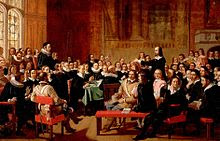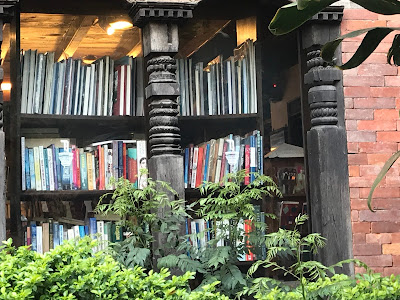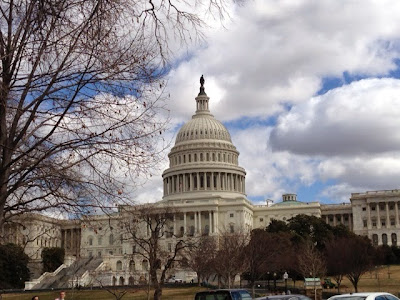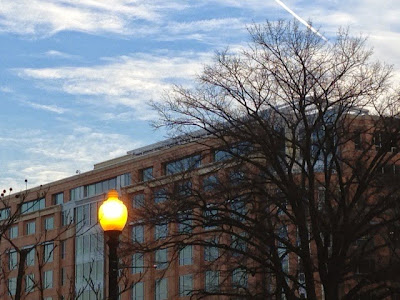Embracing the Puritans?
I’m finishing up Marilynne Robinson’s book What Are We Doing Here? Throughout her career, Robinson has been fascinated by erasures and omissions, and in an essay titled “Our Public Conversation: How America Talks About Itself,” she asks us to rethink our Puritan heritage, its spirit of reformation, its genius for education and institution building.
Puritans get a bad rap, Robinson says, in so many words. Some of their greatest achievements have been forgotten, including a code called the Massachusetts Body of Liberties (1641) that anticipates the Bill of Rights. The abolition movement flowered in colleges founded by Puritans. There is much to appreciate about them. But they are not hip.
This latter point is my own opinion, and an extrapolation, but I make it because Robinson opens her essay by mentioning an article about herself in which she is described as “bioengineered to personify unhipness.”
She laughs off the characterization — figuring that it’s because she’s in her 70s, a Calvinist and lives in Iowa — but she takes seriously the fact that Americans are inclined to “find their way to some sheltering consensus that will tell them what to wear, what to eat, what to read, how to vote, what to think.”
Anyone watching the Democratic debates last week would be hard pressed to disagree with her.
(Picture of the Westminster Assembly by John Rogers Herbert, courtesy Wikipedia)





